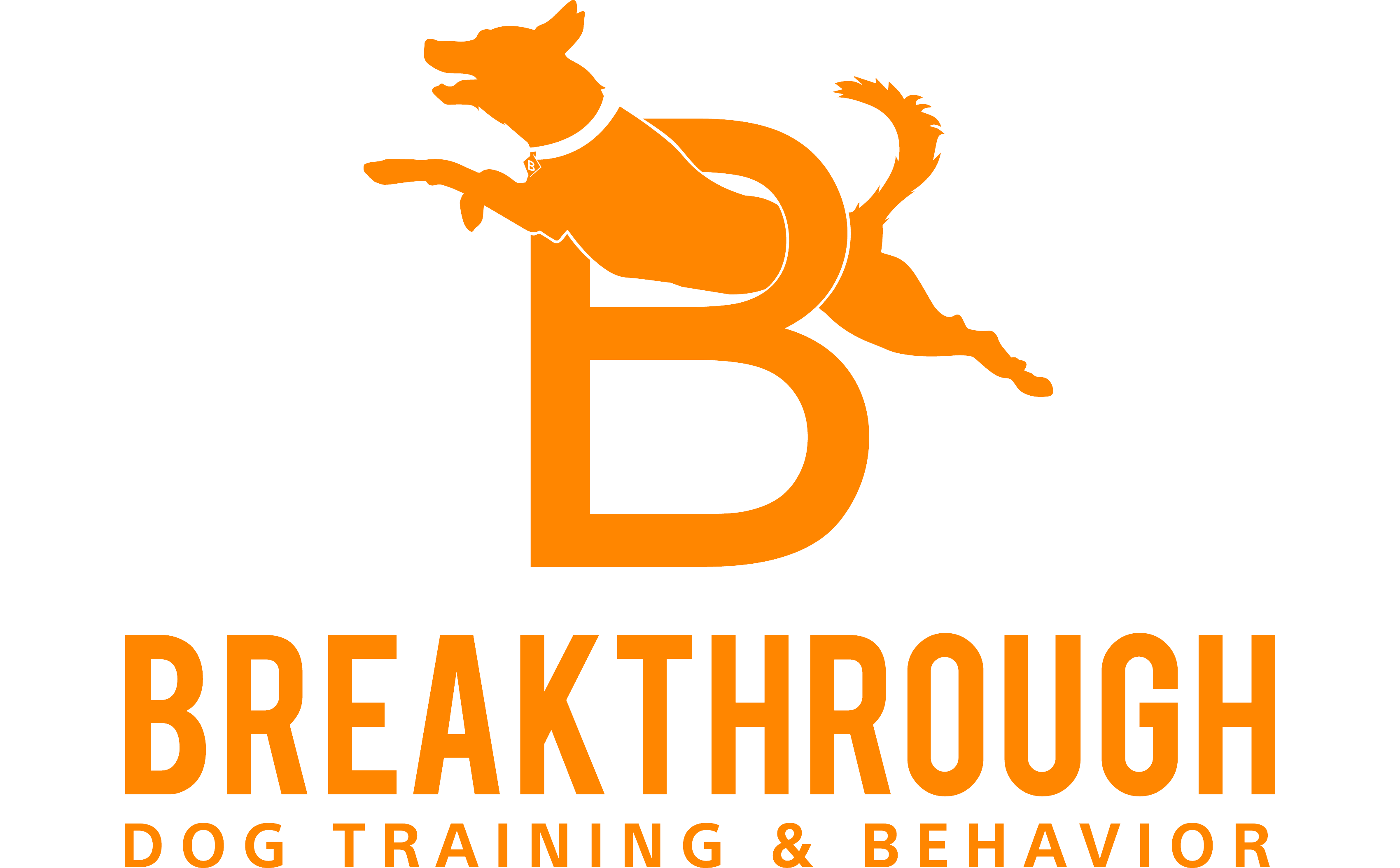Training a dog can be a rewarding experience, but it’s also easy to make mistakes that can hinder the process or even create problem behaviors. Here are some common mistakes to avoid when training your dog, based on insights from dog trainers from Breakthrough Dog Training Dallas:
1. Inconsistency: Not being consistent with commands, rewards, or rules can confuse your dog. It’s important that everyone in the household uses the same commands and follows the same rules.
2. Using Negative Reinforcement: Resorting to punishment or negative reinforcement can create fear and anxiety in your dog, leading to behavioral issues. Instead, focus on positive reinforcement, rewarding good behavior.
3. Lack of Socialization: Failing to properly socialize your dog with other pets, people, and environments can result in fearfulness or aggression. Early and ongoing socialization is key to a well-adjusted dog.
4. Overlooking Basic Training: Skipping basic commands like sit, stay, and come can lead to problems down the line. These foundational skills are essential for effective communication with your dog.
5. Not Setting Realistic Expectations: Expecting too much too soon can lead to frustration for both you and your dog. Training takes time and patience, so set achievable goals and celebrate small victories.
6. Training in Distractions: Beginning training in a distracting environment can make it difficult for your dog to focus. Start training in a quiet space and gradually introduce distractions as your dog progresses.
7. Lack of Patience: Training a dog can be a time-consuming process, and it’s easy to get frustrated if your dog doesn’t seem to be learning quickly. Patience is crucial; each dog learns at their own pace.
8. Using Inappropriate Tools: Choosing the wrong training tools, like a choke collar or prong collar, can lead to injury or fear. Research and select appropriate and humane training tools or consider professional guidance.
9. Ignoring Body Language: Dogs communicate through body language. Ignoring signals of stress, fear, or discomfort can lead to negative experiences during training. Pay attention to your dog’s cues and adjust your approach accordingly.
10. Neglecting Exercise and Mental Stimulation: A tired dog is often a well-behaved dog. Ensure you provide adequate physical exercise and mental stimulation to prevent boredom-related behaviors.
11. Short Training Sessions: Long training sessions can lead to burnout for both you and your dog. Keep sessions short and engaging, ideally around 5 to 15 minutes, based on your dog’s attention span.
12. Failing to Train the Handler: Sometimes the owner may be the issue rather than the dog. Understand that you, too, are being trained in how to effectively communicate and reward your dog, so consider seeking insights or training for yourself.
By avoiding these common pitfalls, you can create a more positive and productive training experience for both you and your dog. Consistency, patience, and understanding are key components of effective dog training.
Contact us at Breakthrough Dog Training for all of your Dog Training in Dallas TX needs.
